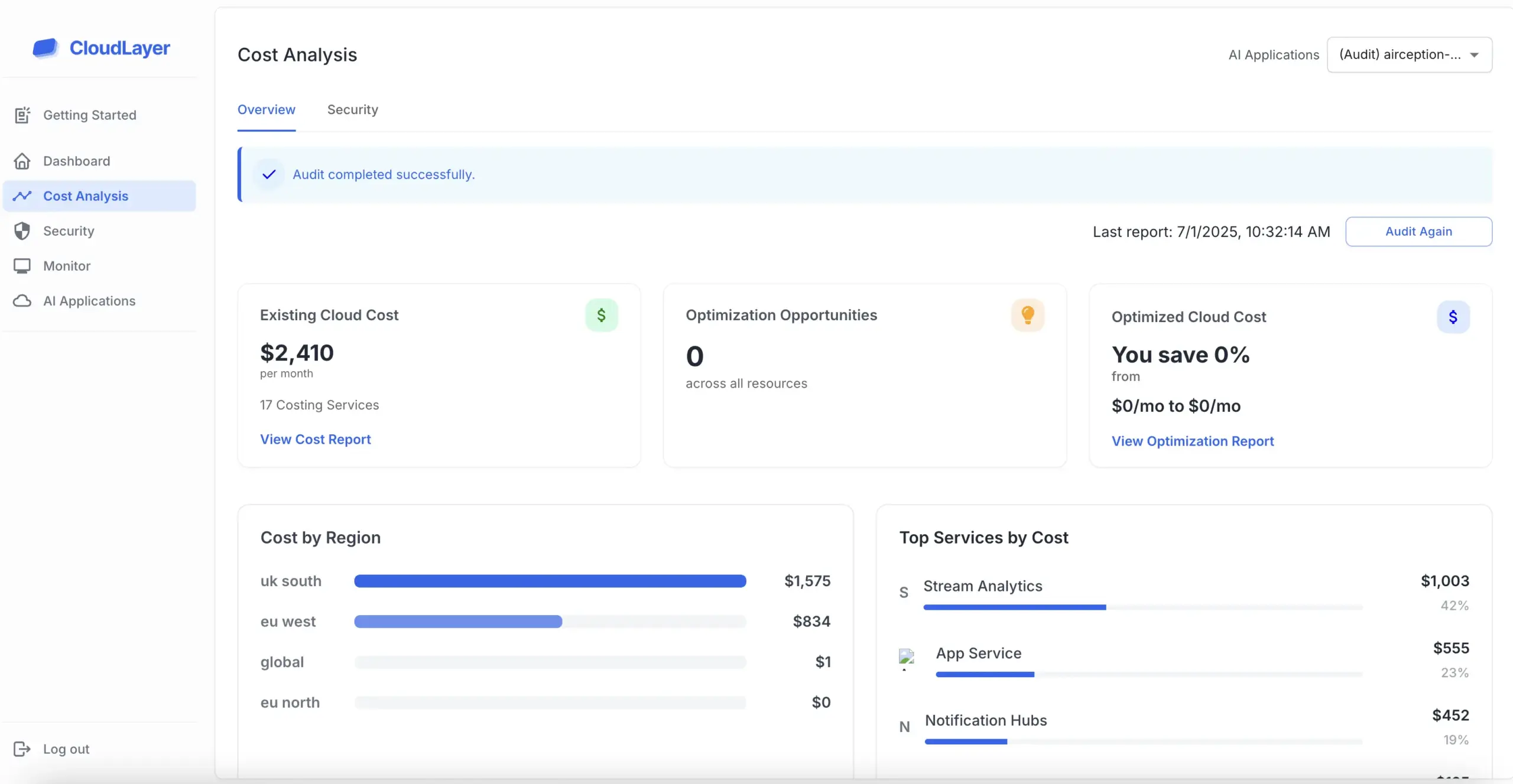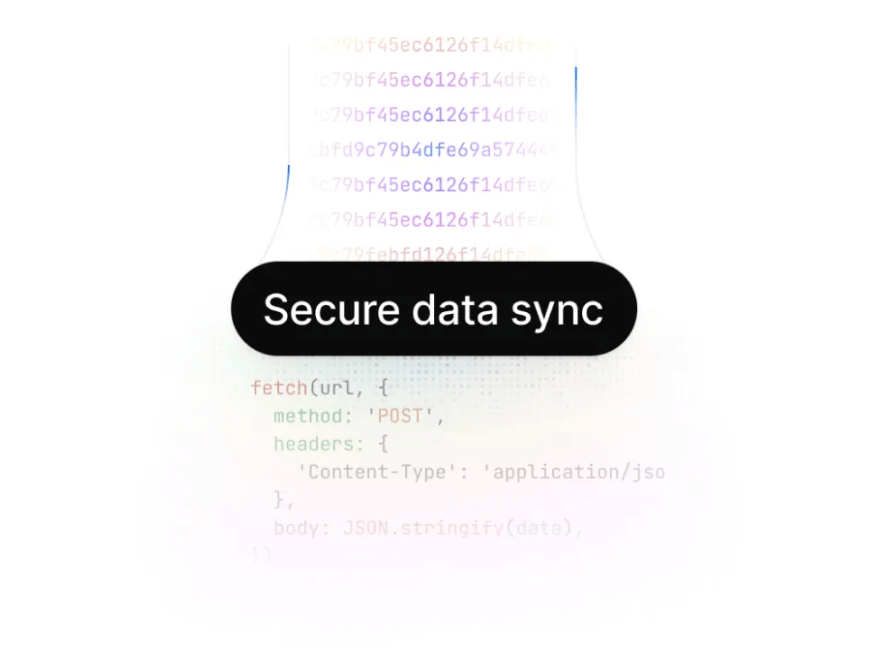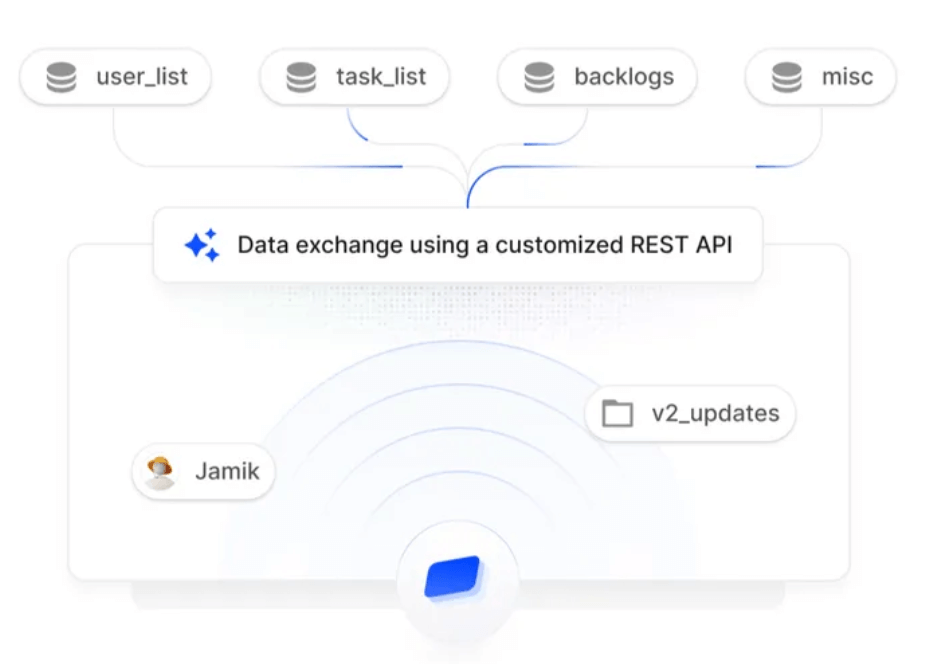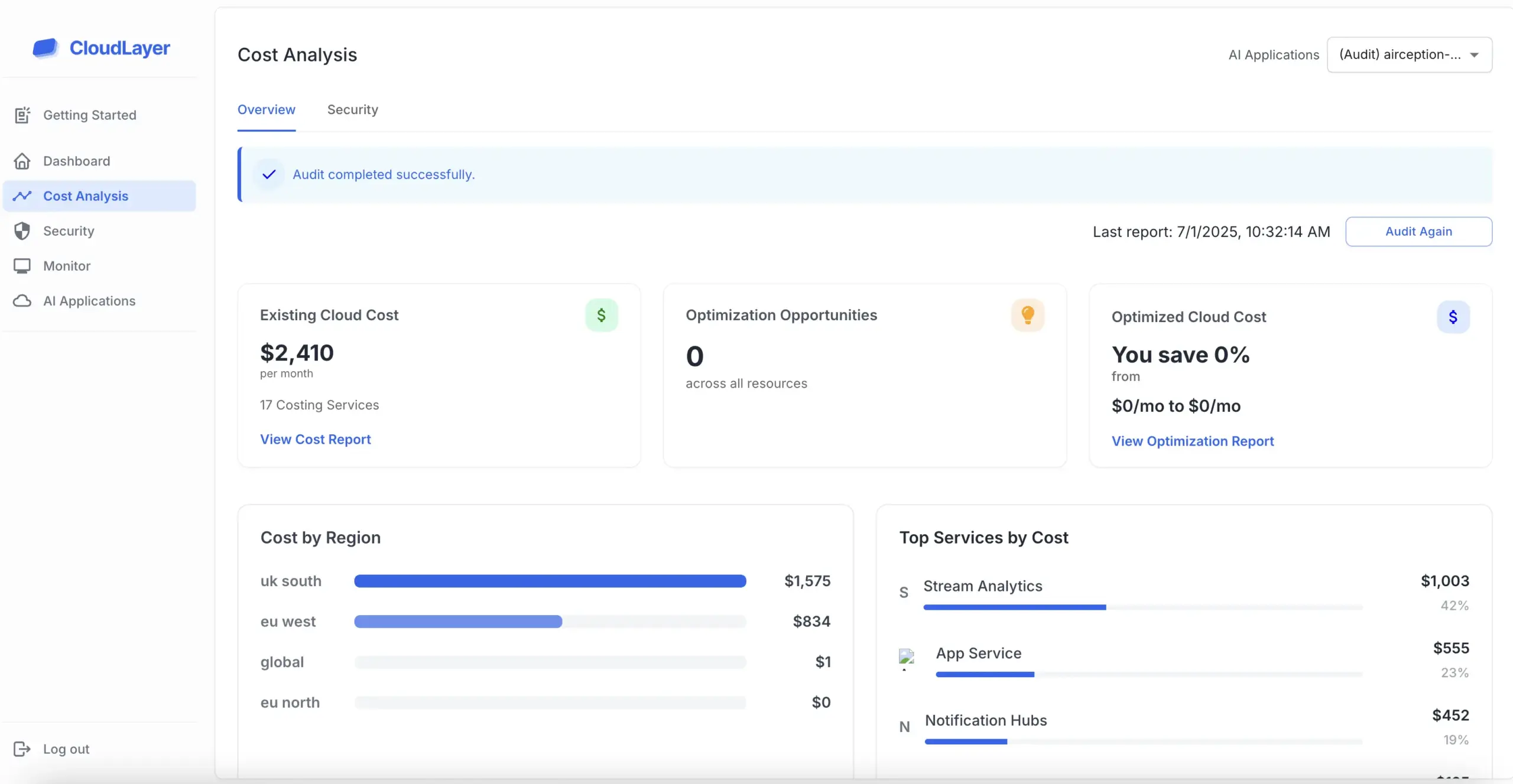

A HIPAA violation occurs when there is a breach of protected health information (PHI). This can happen through unauthorized access, improper disposal of records, or failing to provide patients with access to their health information.

There are several common types of HIPAA violations, including improper handling of medical records and lack of employee training. Additionally, cyberattacks and theft of devices containing PHI have become prevalent in today’s digital age.

The consequences of a HIPAA violation can be severe, ranging from hefty fines to criminal charges. Organizations may also suffer reputational damage, leading to loss of trust from patients and clients.

Preventing HIPAA violations requires a proactive approach. Regular training for employees, secure handling of PHI, and routine audits can significantly reduce the risk of breaches.

